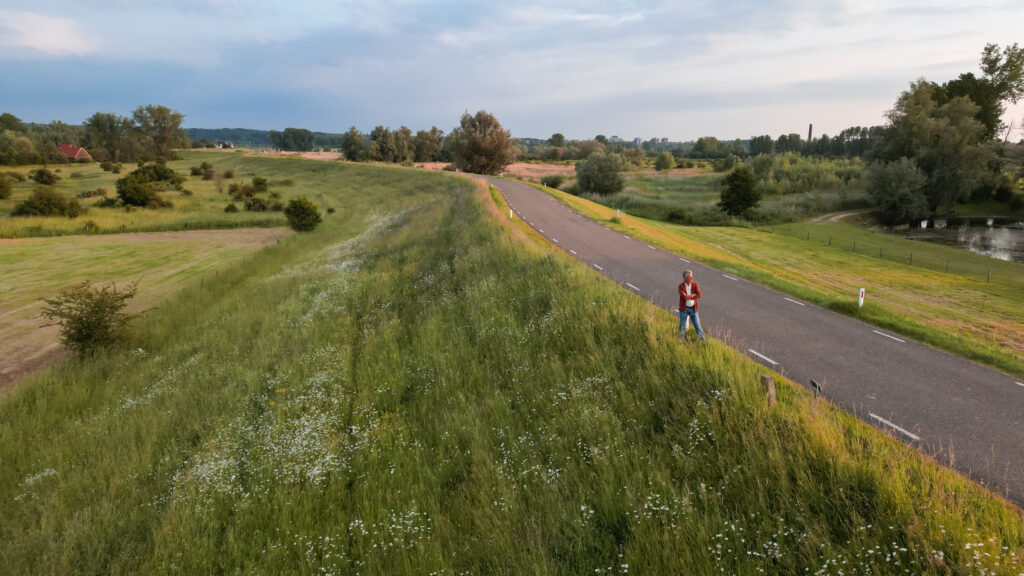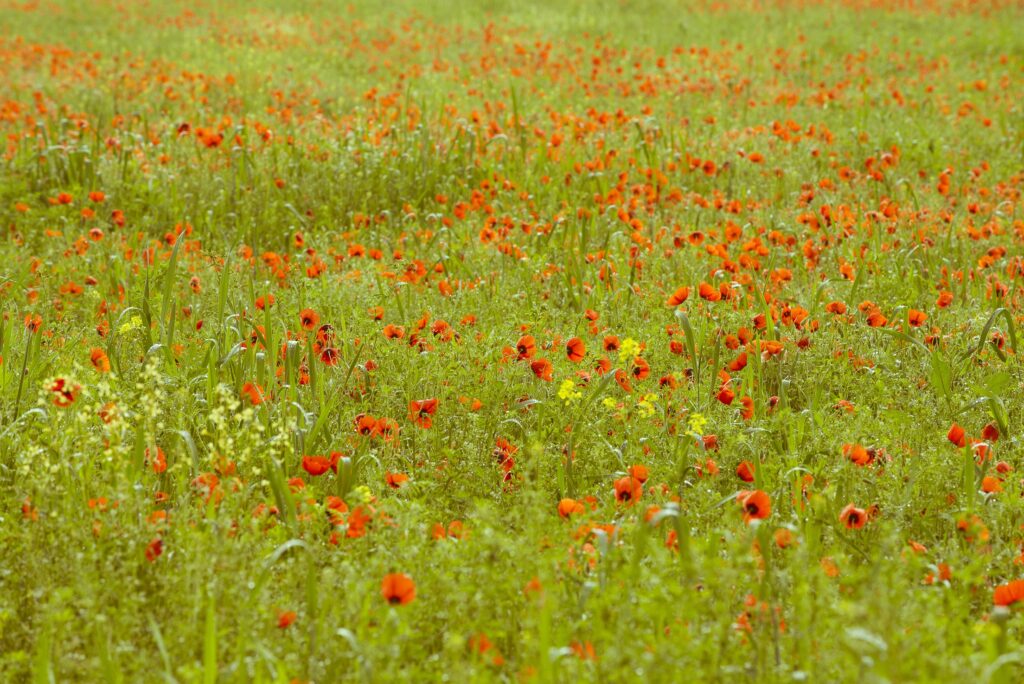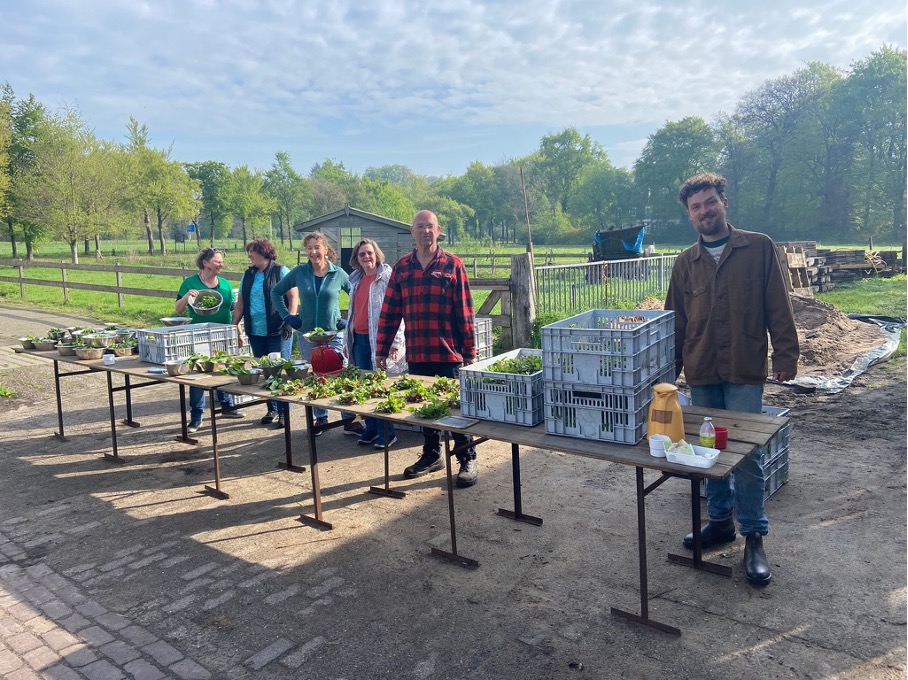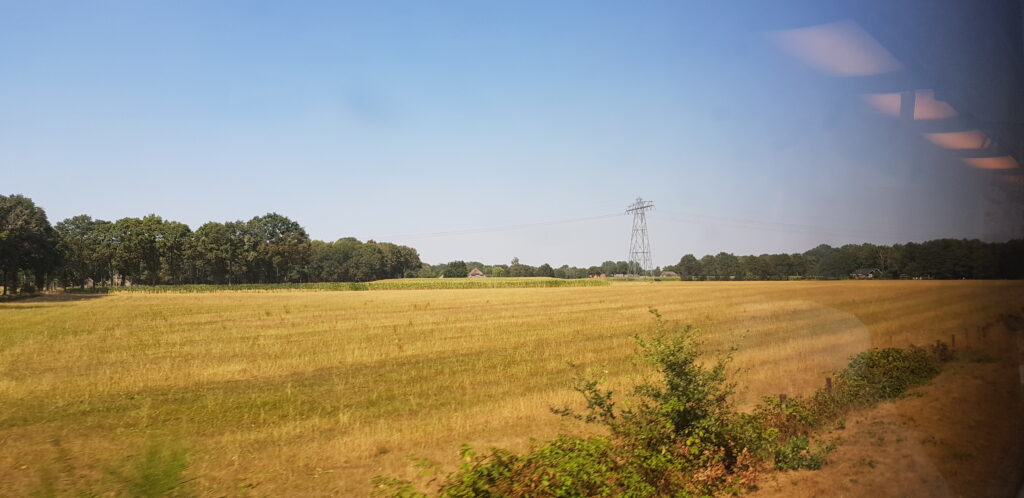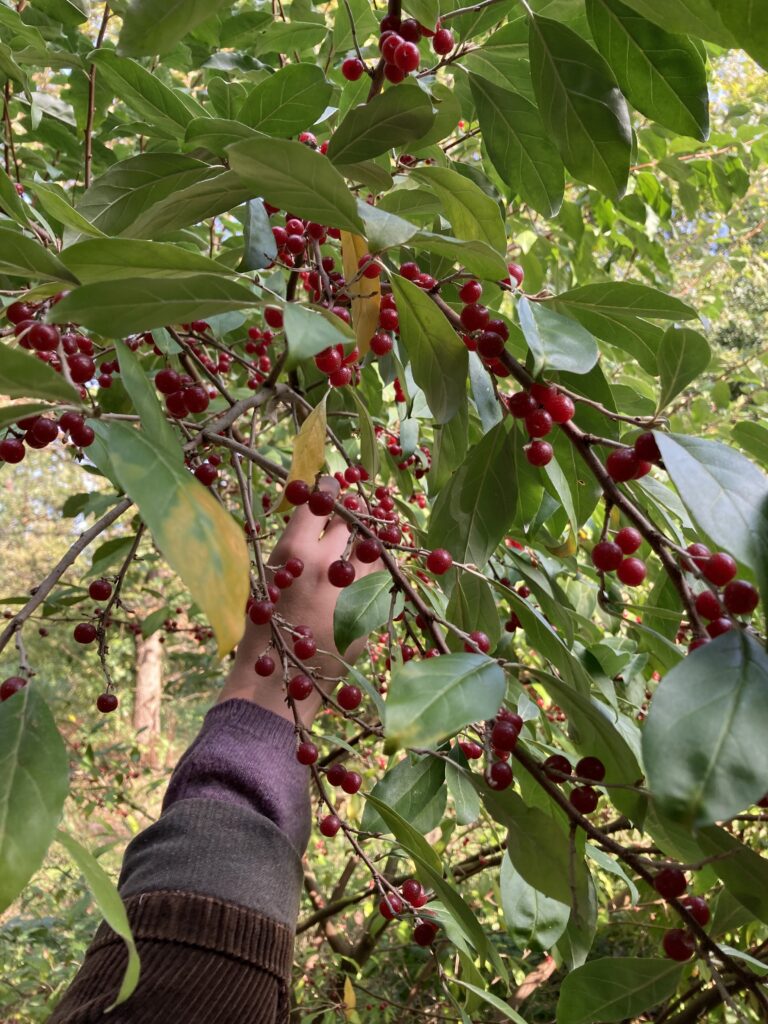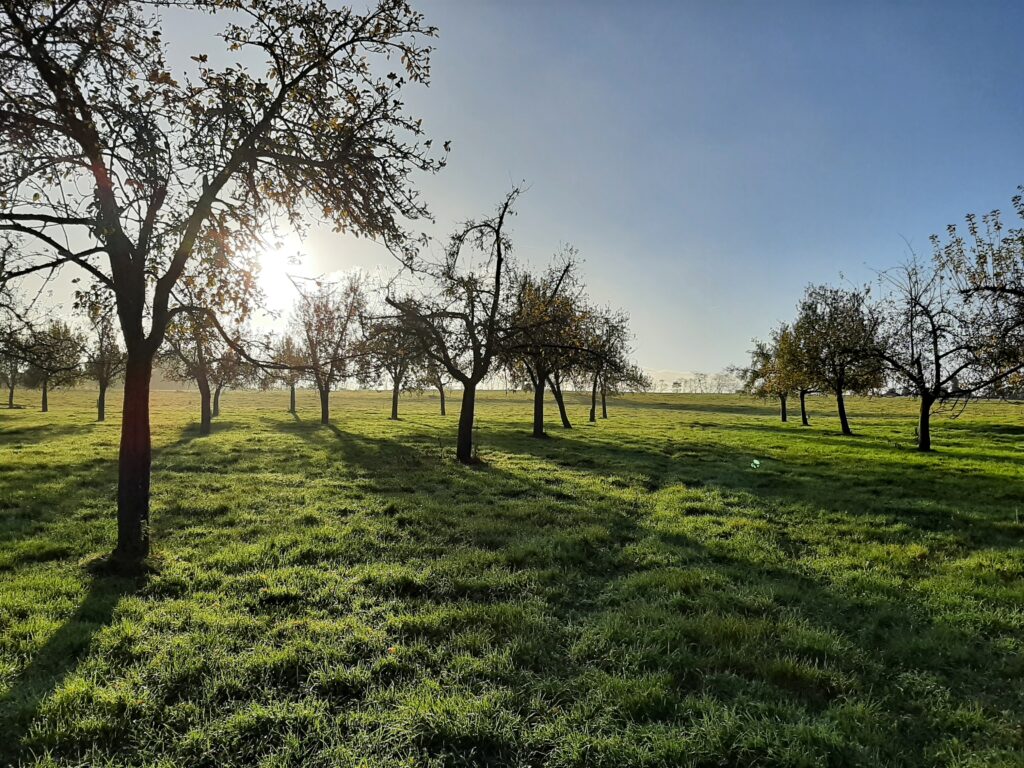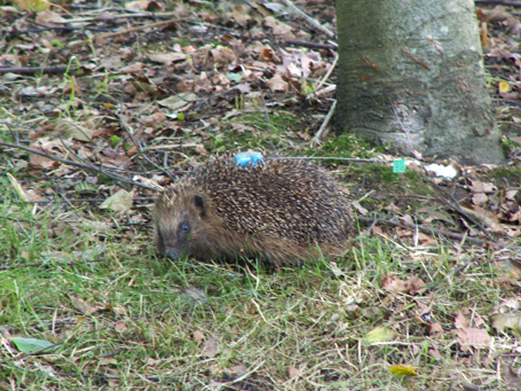Nature is an indispensable part of a future that desirable and feasible
Source Photo: Karsten Russ Six years ago, our analysis of German data revealed that we have lost three-quarters of our flying insects in less than 30 years. Recent accounts on wild plants, farmland birds and hoverflies confirm that negative trends continue until today. Our ecosystems are beginning to fall apart. So, what should we be […]
Nature is an indispensable part of a future that desirable and feasible Lire la suite »
